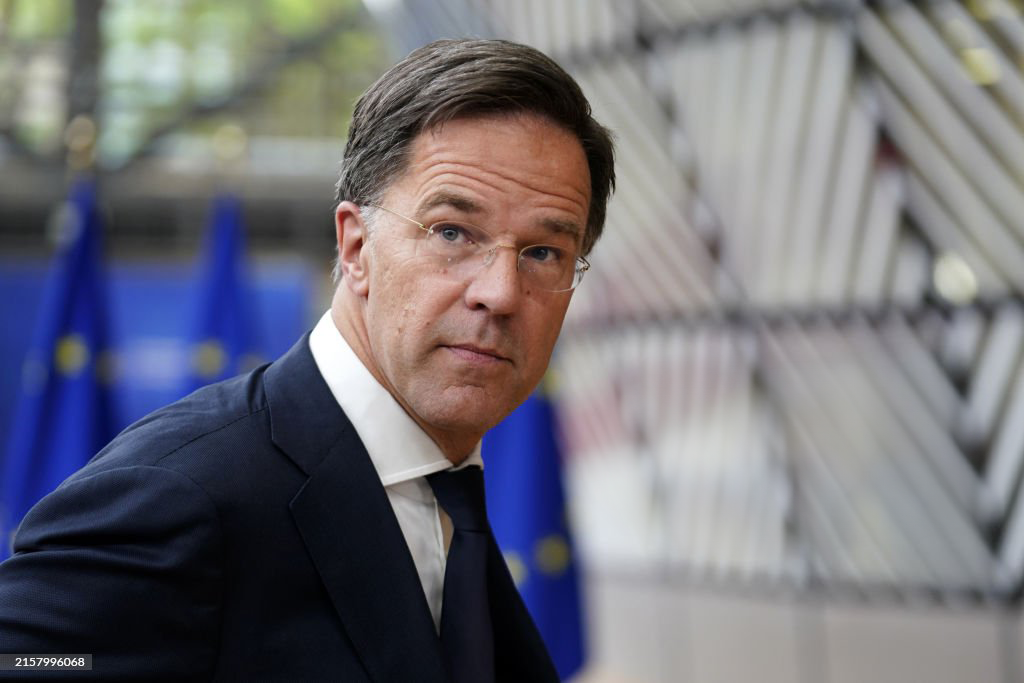Security
NATO top job goes to Mark Rutte

After months of rumours, it was finally confirmed last Wednesday that Mark Rutte will become the next Secretary General of NATO. He will officially take over the helm from Jens Stoltenberg on 1 October. With Rutte, the NATO allies have chosen a safe pair of hands in turbulent times. After serving as the Prime Minister of the Netherlands for nearly 13 years, Rutte’s track record of consensus-building will serve the Alliance well for the years to come.
After a lengthy and opaque process, NATO ambassadors on 26 June confirmed Rutte’s appointment at a meeting at the NATO headquarters in Brussels. There is no formal procedure for selecting the Secretary General and this is traditionally done by reaching a consensus. Through informal discussions, countries try to reach a common position and back the same candidate.
Rutte’s candidature
Rutte launched his candidature bid last October by mentioning in a local radio show from The Hague that he would be interested in a position like Secretary General of NATO. This was a clear hint at his future ambitions, after his government resigned in July 2023. Soon after, he gained early support from prominent NATO members, such as the United States, the United Kingdom, France and Germany. This made him one of the top contenders from the start, although there were several other candidates with good credentials.
A long process
Despite support from key members of the Alliance, it was not all plain sailing. There were three factors that made the process a long journey: gender, geography and defence spending. In the past, the Secretary-General position has always been given to male leaders from Western Europe. With countries on NATO’s Eastern Flank getting more clout after their correct threat assessment of Russia, there was a sustained campaign to elect a candidate from a country that entered the alliance after the end of the Cold War. This was coupled with the ambitions to have a female leader and the idea that the next Secretary General should come from a country that spends at least 2% of GDP on defence (the NATO norm). Under Mark Rutte’s leadership, the Netherlands spent 1,7% on defence in 2023, meaning he did not meet any of these criteria.
Several other candidates, including the liberal Prime Minister of Estonia, Kaja Kallas, the Latvian Foreign Minister, Krišjānis Kariņš, and Romanian President, Klaus Iohannis, ran campaigns that highlighted different aspects of these conditions. However, they failed to get the backing of the most important alliance members, who had already indicated their preference for the Dutch Prime Minister. In the meantime, Rutte made a conscious effort to persuade members that blocked his candidacy. He made trips to Istanbul and Budapest to meet with Turkish President Recep Tayyip and Hungarian Prime Minister and spoke with Slovak President Peter Pellegrini to address Slovakia’s need for NATO support to protect its airspace. This left Romania as the only ally that opposed Rutte’s candidacy and when they dropped their opposition on 20 June, it paved the way for a consensus among all allies.
Challenges ahead
Rutte takes over NATO at a critical time. As Russia’s war on Ukraine rages on, the Alliance is possibly more relevant than ever to ensure Europe’s collective defence. However, important challenges are ahead and will have to be addressed by Rutte in his new capacity. Most notably, Rutte will have to further develop NATO’s role in relation to Russia’s war of aggression against Ukraine. With talk from France about boots on the ground and calls from Eastern Flank countries for additional NATO support, it will be important that NATO agrees on the way ahead to counter the Russian threat.
Another challenge is the possible comeback of Donald Trump as US President. America will head to the polls four weeks after the start of Rutte’s mandate and may elect their 45th President once again. With Trump pledging to withdraw US funding to Ukraine if re-elected, this is a major risk for NATO allies. It would damage the credibility of the Alliance’s support for Ukraine and the general commitment to collective defence.
Last but not least, there is a need to reform Europe’s security architecture. Although defence budgets have gone up in all European countries since the start of the war, it is necessary to make these budget increases structural and sustainable. At the same time, Europe is encountering an increasing number of hybrid threats, in which adversaries try to destabilise our societies. This calls for a new role for NATO that goes beyond the military aspect of its work.
Mark Rutte will have no shortage of challenges to address, but that is probably one of the reasons why he was chosen for the position. As one of the most senior politicians in Europe, he is the right person to take on these tasks and further develop NATO as the cornerstone of Europe’s security.
